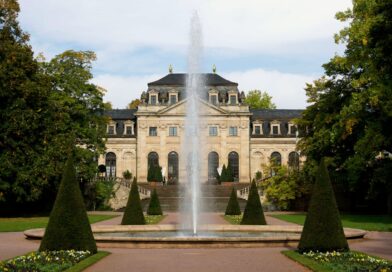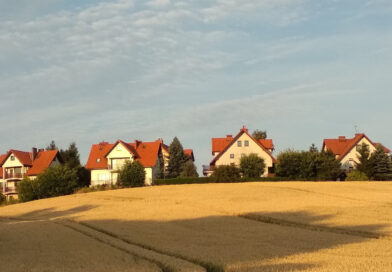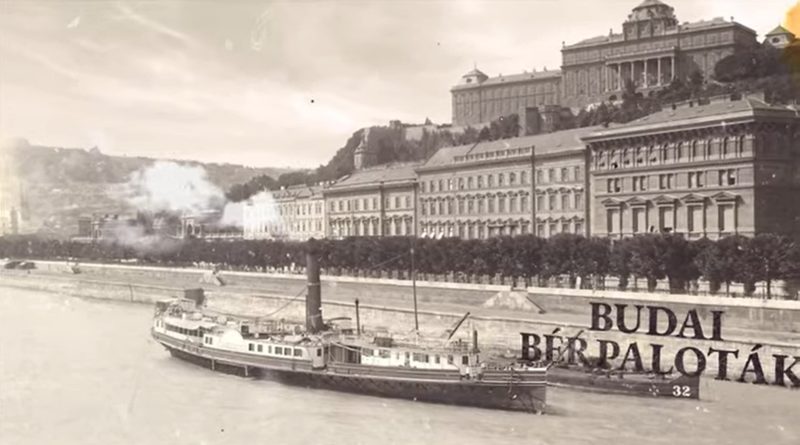Eurozone uncertainty weighs on CEE property investment market
Continuing eurozone uncertainty combined with a focus on prime assets meant that commercial property investment volumes in Central and Eastern Europe (CEE) were 60% lower in the first half of 2012 (H1 2012) when compared to the volume achieved during H1 2011, according to the latest data from CBRE.
Overall commercial property investment volumes in CEE amounted to almost €2.1 billion during H1 2012. The largest transactions across CEE during this period were the sale of Zlote Tarasy in Warsaw from ING Real Estate Development to a fund managed by AXA REIM and a 50% stake in Golden Babilon Rostokino in Moscow – where IMMOFINANZ bought the remaining shares from its co-owner.
The majority of deal flow took place in Russia and Poland, reaching 83% of the CEE total. The most significant decreases were visible in markets perceived as being more risky. Deal flow in Romania decreased from €250 million in H1 2011 to €50 million in H1 2012, for example. A steep decline in activity was also visible in the Czech Republic. The main causes for this were a strong H1 2011 combined with reduced availability of top quality retail product after a period of strong retail trading in 2011.
The surge in CEE property investment activity in recent years was mainly driven by increased product availability. Significant deal flow in some of CEE’s markets has reduced the amount of available quality space rapidly, a factor which is likely to result in lower product availability in the years to come. Based on investor profiles currently active in CEE it is very likely that the search for top quality product will continue with limited spill-over effects into the secondary market.
Jos Tromp, Head of CEE Research & Consultancy, CBRE, commented: “Continuing eurozone uncertainty combined with an almost pure investor focus on core product has caused market activity to contract in a similar way to that seen in 2009 / 2010. With the issues in the eurozone unlikely to be resolved soon, the negative spin-off this turbulence has on banks is therefore likely to prevail for longer. A consequence for real estate markets will be that the available amount of capital to be invested in real estate across CEE will remain lower than the market has previously been used to.”
Gábor Borbély Head of CEE Research & Consultancyat CBRE Budapestcommented: “Domestic property investment volume is softer than a year before. In H1 2012 beside the sale of a Budapest hotel property only two commercial properties were purchased totalling €85 million. However more transactions are likely to be closed in the second half of the year that may guide the market. According to our estimates the Hungarian investment market amount €300 million – €350 million in 2012 roughly half of the turnover of 2011.”
































